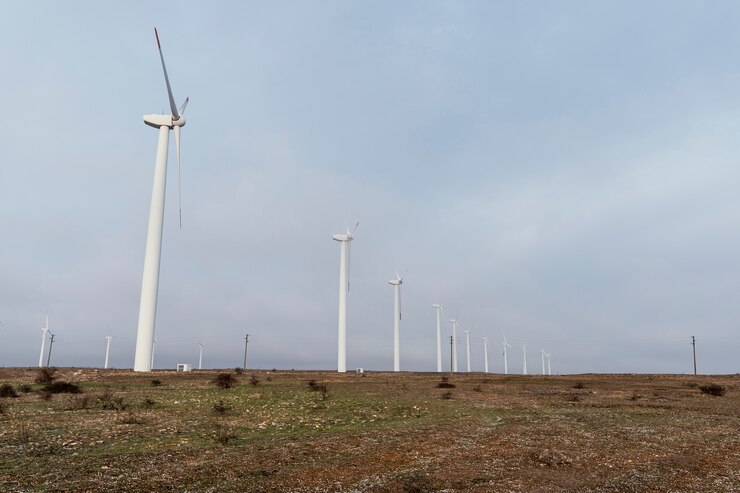The Centre for Trade Policy and Development (CTPD) has urged the Zambian government to establish a publicly accessible database on Power Purchase Agreements (PPAs) to promote transparency and accountability in the country’s energy sector. PPAs, which govern electricity generation and procurement terms, play a crucial role in addressing Zambia’s energy challenges. However, the lack of public access to these agreements has led to financial strain, reduced competition, and missed opportunities for renewable energy development.
The Need for Transparency in Zambia’s Energy Sector
Zambia’s energy sector faces increasing fiscal, social, and climate-related pressures. Without a clear and transparent system for managing PPAs, the country risks accumulating unsustainable public debt while limiting private sector participation in electricity generation. The absence of competitive procurement processes has also hindered Zambia’s transition to clean and affordable energy sources.
CTPD highlights the success of countries like Ghana, which have implemented public PPA registers to great effect. By making power agreements accessible to the public, Ghana has reduced financial risks, attracted high-quality investments, and encouraged fair pricing in the energy market. Zambia could experience similar benefits by adopting this best practice.
Benefits of a Public PPA Database
A centralized public register would serve as a vital tool for ensuring that Zambian citizens and stakeholders are well-informed about electricity contracts signed on their behalf. By making key details—such as tariff structures, contract durations, and risk allocations—publicly available, the government can:
- Safeguard public resources by preventing unfavorable contract terms
- Strengthen investor confidence by creating a predictable and transparent market
- Promote competition in the energy sector, reducing the overall cost of electricity
- Facilitate the transition to renewable energy by encouraging responsible investment
Currently, the lack of publicly available information on PPAs creates uncertainty for both citizens and investors. CTPD argues that by implementing a transparent system, Zambia can secure a financially sustainable, climate-resilient, and socially inclusive energy sector.
Call to Action
CTPD is calling on the Zambian government—particularly the Ministry of Energy, the state utility, and the Energy Regulation Board (ERB)—to take immediate steps toward establishing a public PPA database. The organization also urges civil society, the media, and the general public to advocate for this reform as part of a broader push for accountability and sustainable energy development.
“This initiative is not just about transparency; it is about securing Zambia’s energy future,” said Lucy P. Musonda, Legal Researcher at CTPD.
As Zambia continues to grapple with its energy challenges, the implementation of a public PPA register could be a game-changer in fostering good governance, economic stability, and long-term sustainability in the sector.






